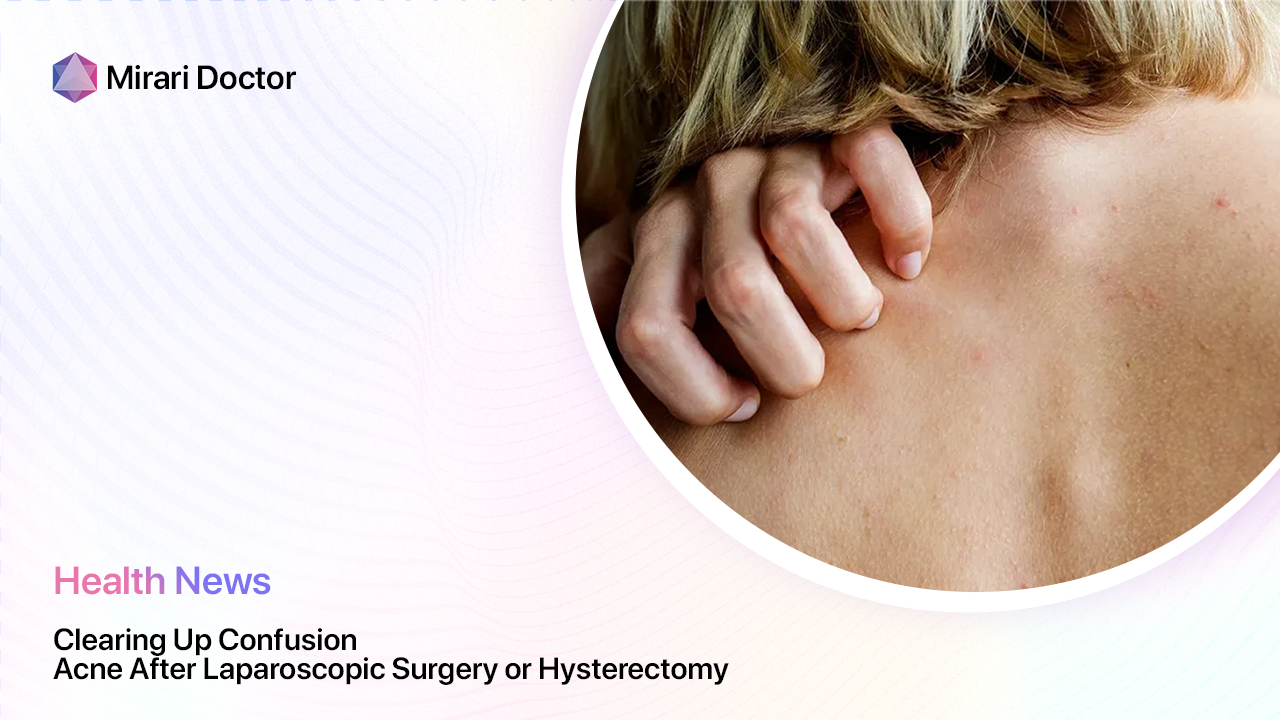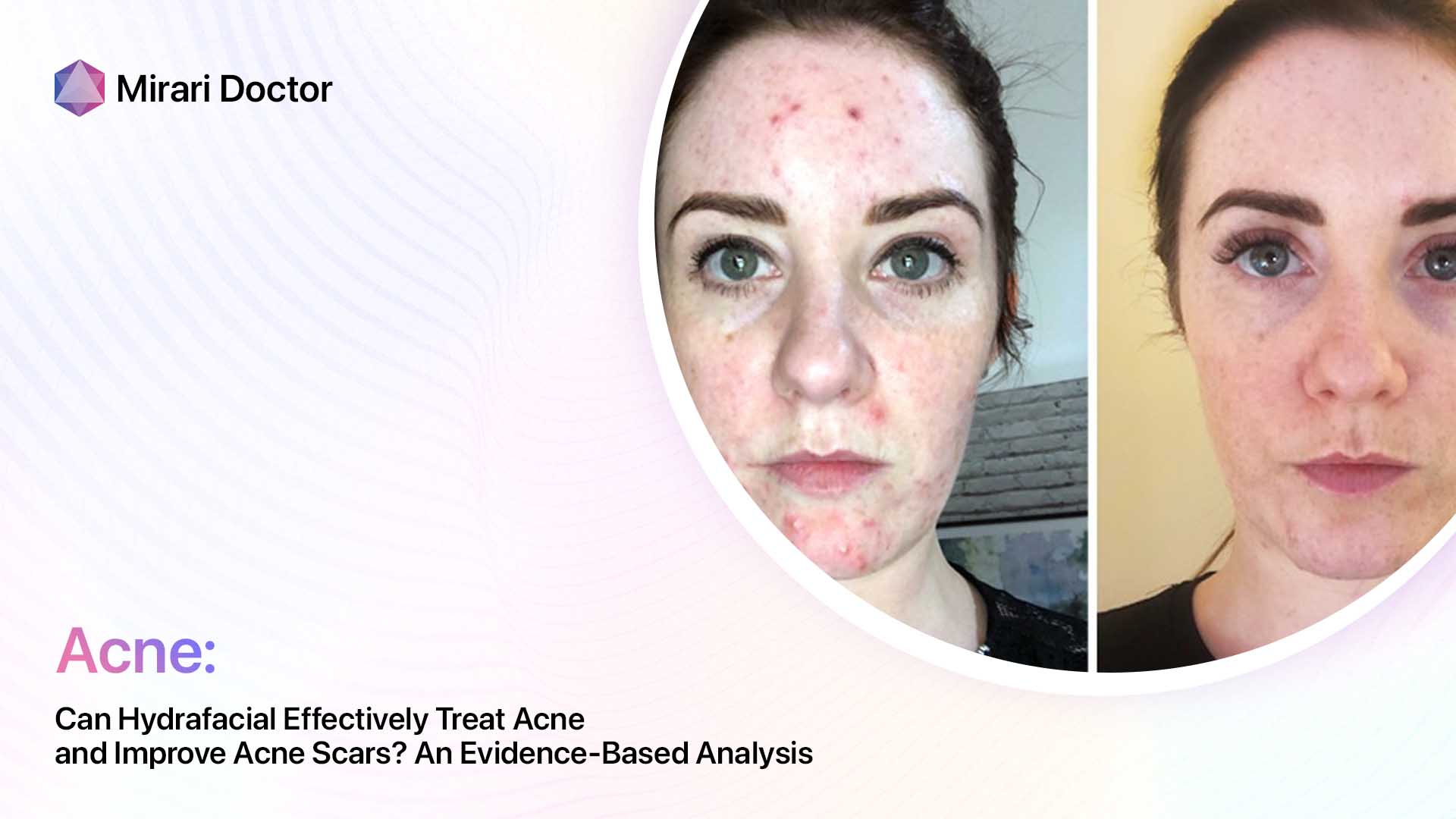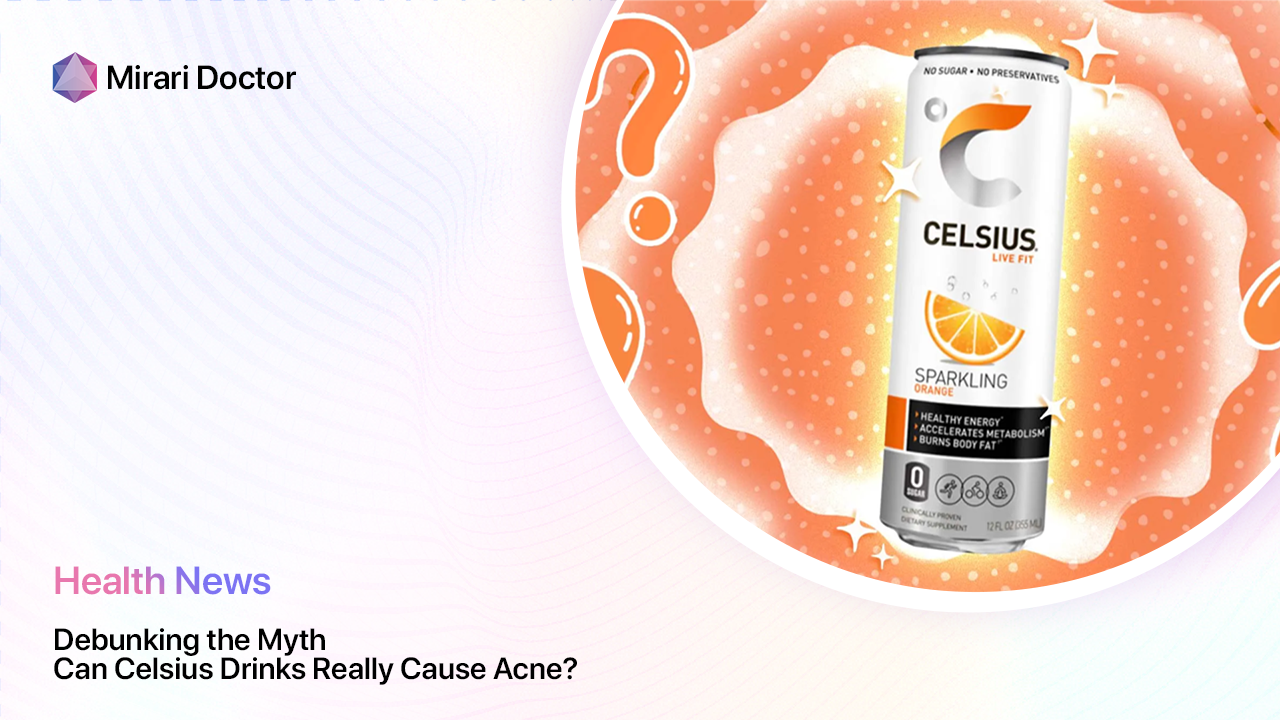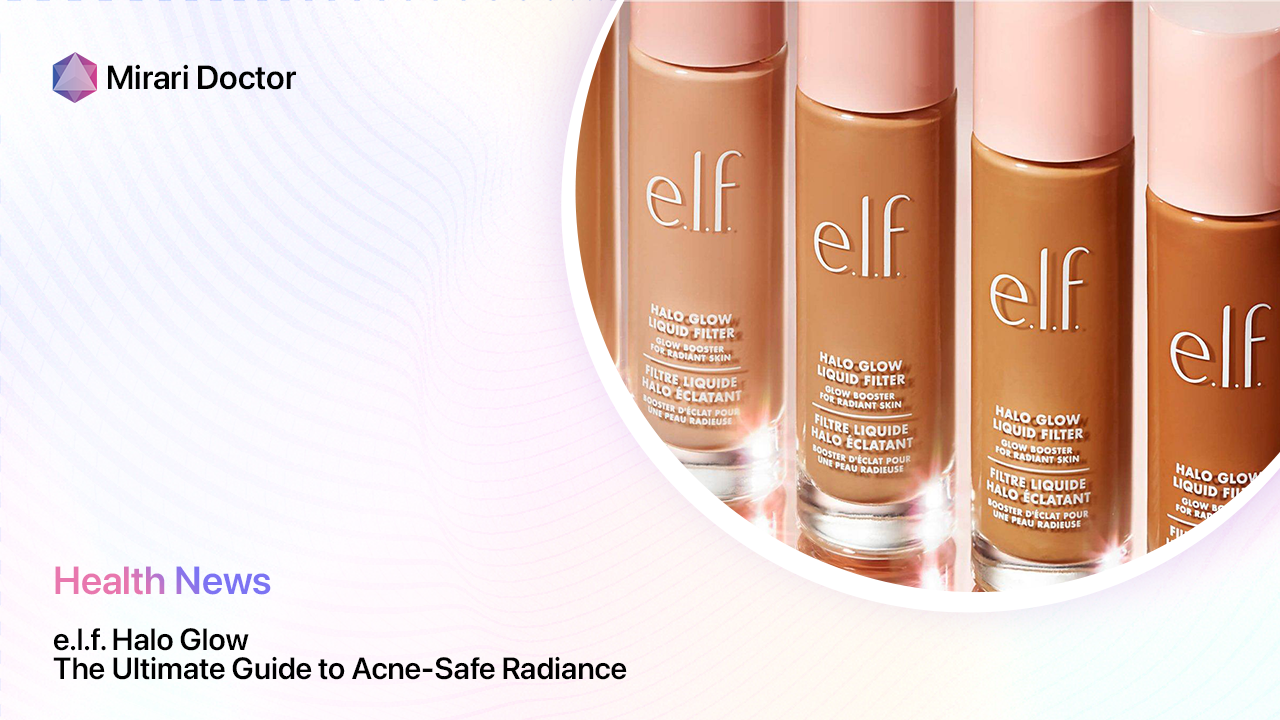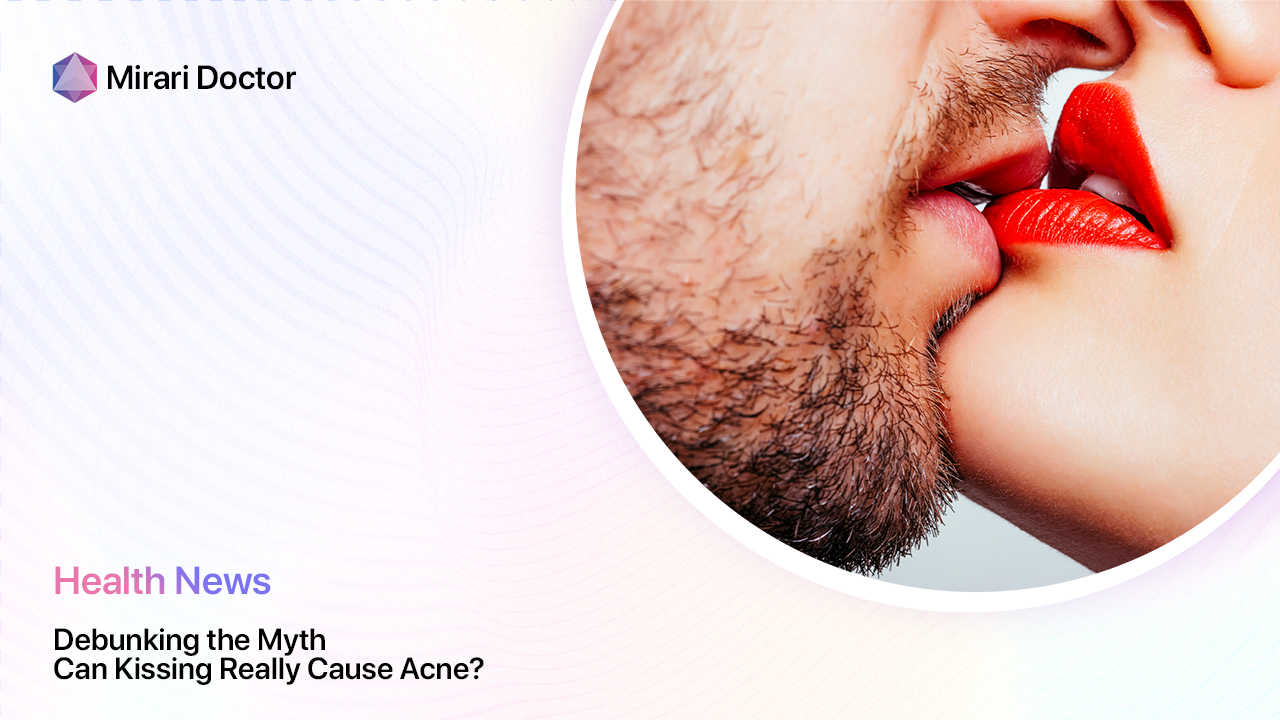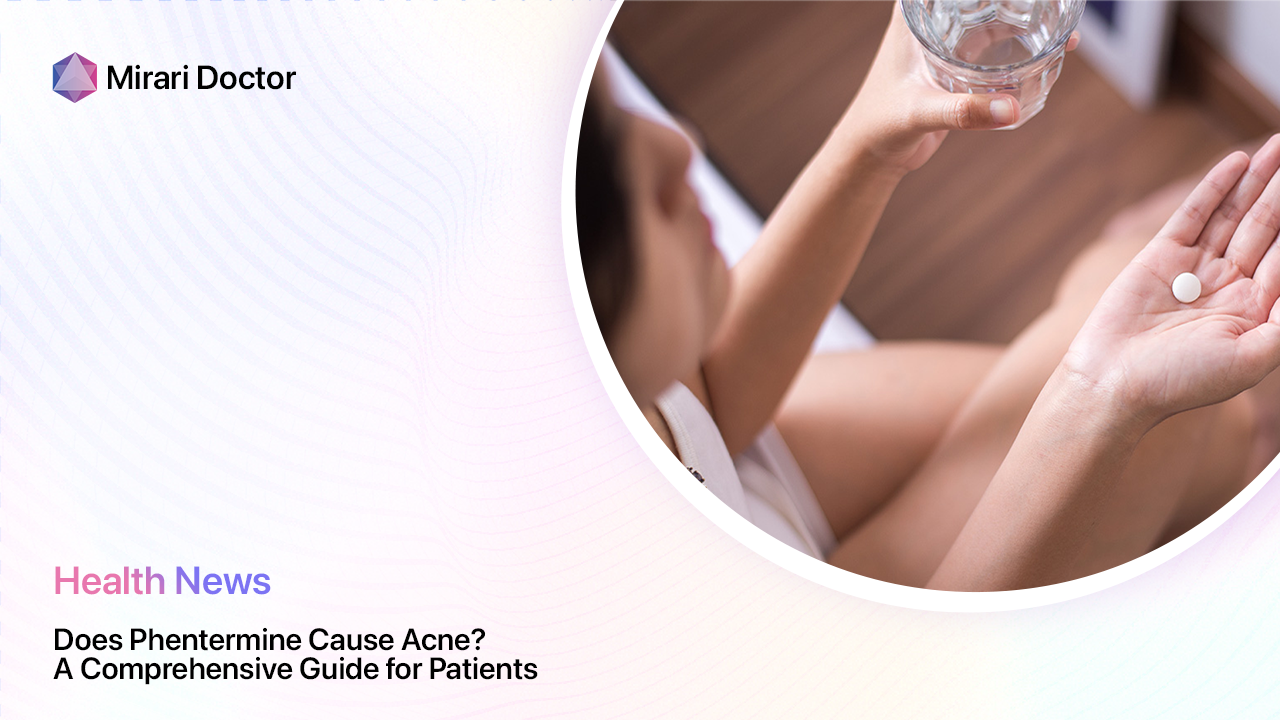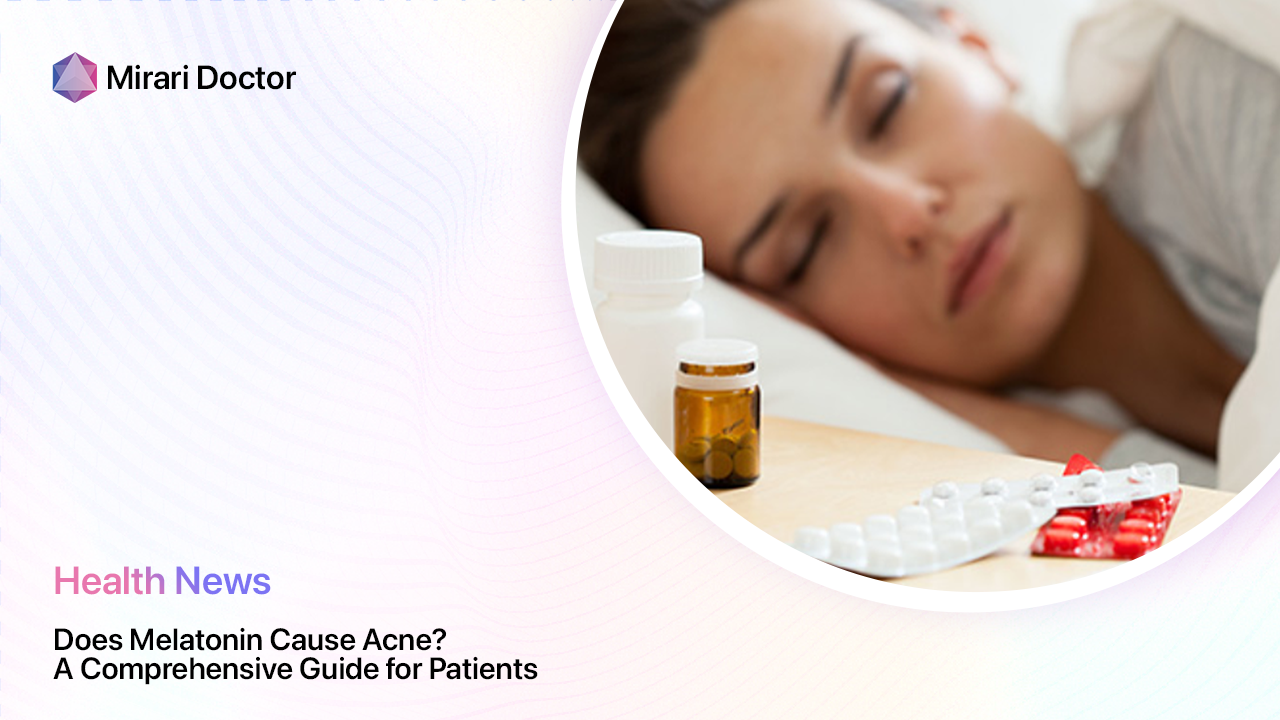
As a medical professional, one of the most common questions I get from patients is whether certain supplements or medications can cause or worsen acne. Melatonin, a popular sleep aid, is no exception. In this comprehensive guide, we’ll dive deep into the relationship between melatonin and acne, examining the current scientific evidence, potential mechanisms, and practical advice for those considering using melatonin.
What is Melatonin?
Melatonin is a hormone naturally produced by the pineal gland in the brain. It plays a crucial role in regulating the body’s sleep-wake cycle, also known as the circadian rhythm[1]. As darkness falls, melatonin levels rise, signaling to the body that it’s time to sleep. Conversely, light suppresses melatonin production, helping us wake up and stay alert during the day.
In addition to its endogenous production, melatonin is also available as a dietary supplement. Many people use melatonin supplements to help with sleep issues, such as insomnia, jet lag, or shift work sleep disorder[2]. However, as with any supplement, it’s essential to understand the potential side effects and interactions before using melatonin.
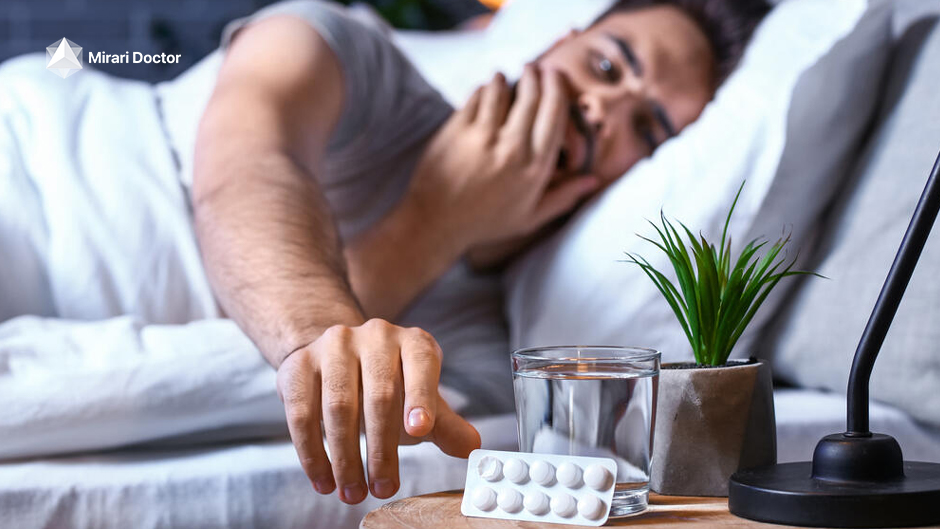
Melatonin and the Skin
Before we delve into the specifics of melatonin and acne, let’s examine the broader effects of melatonin on the skin. Melatonin is not just a sleep hormone; it also acts as a potent antioxidant and has anti-inflammatory properties[3].
In the skin, melatonin helps protect against oxidative stress caused by UV radiation and other environmental stressors. It can also stimulate the production of collagen and elastin, two essential proteins that maintain skin firmness and elasticity[4]. Some studies suggest that topical melatonin application may help reduce signs of skin aging, such as fine lines and wrinkles[5].
However, the relationship between melatonin and skin health is complex, and the hormone’s effects may vary depending on factors such as dose, timing, and individual skin characteristics.
Melatonin and Acne
Now, let’s focus on the main question at hand: does melatonin cause acne? The answer, as with many medical issues, is not a simple yes or no. While some anecdotal reports suggest a link between melatonin use and acne breakouts, the scientific evidence is limited and conflicting.
Potential Mechanisms
To understand how melatonin might influence acne development, we need to consider the underlying causes of acne. Acne is a multifactorial skin condition that involves the interplay of several factors, including:
- Excess sebum production
- Clogged hair follicles
- Bacterial overgrowth (particularly Propionibacterium acnes)
- Inflammation
Melatonin could potentially affect acne through its impact on hormones and inflammation. Some studies have shown that melatonin can modulate the production of androgens, such as testosterone, which are known to stimulate sebum production and contribute to acne[6]. However, the exact nature of this relationship is unclear, and more research is needed to determine whether melatonin has a pro-acne or anti-acne effect in this context.
Additionally, while melatonin generally has anti-inflammatory properties, some studies suggest that it may paradoxically promote inflammation in certain circumstances[7]. This could theoretically worsen acne in some individuals, although more evidence is needed to support this hypothesis.
Case Reports and Clinical Studies
Despite the theoretical mechanisms by which melatonin could influence acne, the clinical evidence linking melatonin use to acne breakouts is scarce. A few case reports have described instances of acne development or exacerbation in individuals taking melatonin supplements[8][9]. However, case reports alone cannot establish a causal relationship, as they do not account for other potential confounding factors.
To date, there have been no large-scale, well-controlled clinical studies specifically investigating the effects of melatonin supplementation on acne. Some small studies have examined the potential benefits of topical melatonin for acne, with mixed results[10][11]. However, these studies focused on melatonin as a treatment rather than a cause of acne.
Individual Variability
It’s important to note that the effects of melatonin on acne may vary significantly from person to person. Some individuals may be more susceptible to acne breakouts due to factors such as genetics, hormonal imbalances, or skin sensitivity. In these cases, melatonin could potentially exacerbate acne, even if it does not directly cause breakouts in the general population.
Additionally, the dose and timing of melatonin supplementation may influence its effects on the skin. Higher doses or prolonged use might be more likely to cause side effects, including skin issues. Taking melatonin at inappropriate times, such as during the day, could also disrupt the body’s natural hormonal balance and potentially affect skin health.
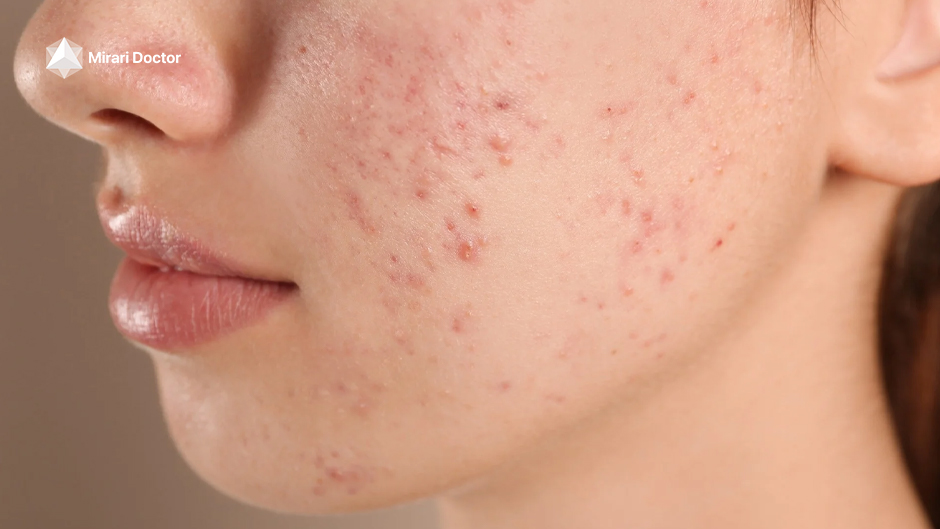
Melatonin and Acne: Practical Advice
Given the limited and conflicting evidence regarding melatonin and acne, what should patients do if they are considering using melatonin supplements? Here are some practical tips:
- Consult with a healthcare provider before starting melatonin or any new supplement, especially if you have a history of acne or other skin conditions. They can help you weigh the potential benefits and risks based on your individual circumstances.
- Start with the lowest effective dose of melatonin and only use it as needed for sleep issues. More is not necessarily better when it comes to melatonin, and higher doses may increase the risk of side effects.
- Take melatonin at the appropriate time, usually 1-2 hours before bedtime. Avoid taking melatonin during the day, as this can disrupt your natural sleep-wake cycle and potentially affect your skin.
- Monitor your skin closely for any changes or breakouts after starting melatonin. If you notice a significant worsening of your acne, consider stopping the supplement and discussing alternative options with your healthcare provider.
- Maintain a consistent skincare routine, including gentle cleansing, moisturizing, and sun protection. A healthy skincare regimen can help minimize the risk of acne and other skin issues, regardless of whether you are using melatonin.
- Address other potential acne triggers, such as diet, stress, and hormonal imbalances. Melatonin is just one piece of the puzzle when it comes to acne, and a holistic approach is often necessary for optimal skin health.
Melatonin Alternatives for Sleep
If you are concerned about the potential effects of melatonin on your skin, or if you have tried melatonin and experienced acne breakouts, there are several alternative strategies for improving sleep:
- Practice good sleep hygiene: Maintain a consistent sleep schedule, create a relaxing bedtime routine, and ensure your sleep environment is dark, quiet, and comfortable.
- Limit screen time before bed: The blue light emitted by electronic devices can suppress melatonin production and disrupt sleep. Avoid screens for at least an hour before bedtime, or use blue light-blocking glasses or apps.
- Try relaxation techniques: Deep breathing, progressive muscle relaxation, and mindfulness meditation can help calm the mind and prepare the body for sleep.
- Consider cognitive-behavioral therapy for insomnia (CBT-I): This evidence-based approach helps identify and change thoughts and behaviors that interfere with sleep, promoting long-term sleep improvements without the need for supplements or medications[12].
- Explore other natural sleep aids: Some people find relief from sleep issues with herbs such as valerian root, chamomile, or passionflower. However, as with melatonin, it’s essential to discuss these options with a healthcare provider before use.
When to See a Doctor
If you are struggling with persistent acne or sleep issues, it’s important to consult with a healthcare professional. They can help identify potential underlying causes, such as hormonal imbalances or sleep disorders, and recommend appropriate treatments.
In the case of acne, a dermatologist can provide personalized advice on skincare routines, medications, and lifestyle changes to help manage breakouts. They can also determine whether melatonin or other supplements may be contributing to your acne and suggest alternative options.
For sleep issues, a sleep specialist can conduct a thorough evaluation and develop a tailored treatment plan. This may include lifestyle modifications, behavioral therapies, or medications, depending on the nature and severity of your sleep problems.
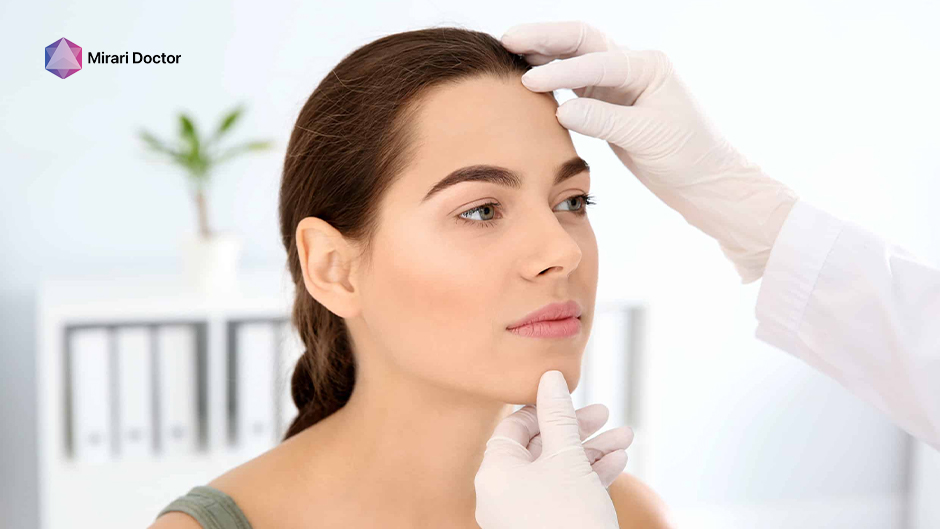
The Bottom Line
The relationship between melatonin and acne is complex and not yet fully understood. While some anecdotal reports suggest a link between melatonin use and acne breakouts, the scientific evidence is limited and conflicting. Melatonin’s effects on acne likely depend on factors such as individual skin characteristics, dose, and timing of supplementation.
If you are considering using melatonin for sleep issues, it’s essential to weigh the potential benefits and risks with your healthcare provider. Start with the lowest effective dose, take melatonin at the appropriate time, and monitor your skin closely for any changes. If you notice a significant worsening of your acne, consider stopping melatonin and exploring alternative sleep strategies.
Remember, acne is a multifactorial condition, and melatonin is just one potential piece of the puzzle. Maintaining a consistent skincare routine, addressing other acne triggers, and seeking professional guidance when needed are all essential steps in achieving and maintaining clear, healthy skin.
As a medical professional, my goal is to provide patients with accurate, evidence-based information to help them make informed decisions about their health. While the jury is still out on the definitive link between melatonin and acne, I hope this comprehensive guide has offered valuable insights and practical advice for those navigating this complex issue. As always, if you have any concerns about your skin or sleep health, don’t hesitate to consult with a qualified healthcare provider.
Key Takeaways
- Melatonin is a hormone that regulates the sleep-wake cycle and has antioxidant and anti-inflammatory properties in the skin.
- The relationship between melatonin and acne is complex, and the scientific evidence linking melatonin use to acne breakouts is limited and conflicting.
- Melatonin could potentially influence acne through its effects on hormones and inflammation, but more research is needed to clarify these mechanisms.
- If considering melatonin for sleep issues, consult with a healthcare provider, start with the lowest effective dose, and monitor your skin closely for any changes.
- Maintain a consistent skincare routine, address other potential acne triggers, and seek professional guidance if struggling with persistent acne or sleep issues.
By staying informed, working with healthcare professionals, and taking a holistic approach to skin and sleep health, patients can make the best decisions for their individual needs and circumstances. Together, we can work towards achieving clear, healthy skin and restful, restorative sleep.
References
- Claustrat, B., Brun, J., & Chazot, G. (2005). The basic physiology and pathophysiology of melatonin. Sleep Medicine Reviews, 9(1), 11-24. https://doi.org/10.1016/j.smrv.2004.08.001
- Auld, F., Maschauer, E. L., Morrison, I., Skene, D. J., & Riha, R. L. (2017). Evidence for the efficacy of melatonin in the treatment of primary adult sleep disorders. Sleep Medicine Reviews, 34, 10-22. https://doi.org/10.1016/j.smrv.2016.06.005
- Slominski, A. T., Hardeland, R., Zmijewski, M. A., Slominski, R. M., Reiter, R. J., & Paus, R. (2018). Melatonin: A cutaneous perspective on its production, metabolism, and functions. Journal of Investigative Dermatology, 138(3), 490-499. https://doi.org/10.1016/j.jid.2017.10.025
- Kleszczynski, K., & Fischer, T. W. (2012). Melatonin and human skin aging. Dermato-Endocrinology, 4(3), 245-252. https://doi.org/10.4161/derm.22344
- Dreher, F., Gabard, B., Schwindt, D. A., & Maibach, H. I. (1998). Topical melatonin in combination with vitamins E and C protects skin from ultraviolet-induced erythema: A human study in vivo. British Journal of Dermatology, 139(2), 332-339. https://doi.org/10.1046/j.1365-2133.1998.02447.x
- Luboshitzky, R., Shen-Orr, Z., & Herer, P. (2003). Melatonin and the pituitary-gonadal axis in male patients with hypogonadotropic hypogonadism. Journal of Andrology, 24(2), 240-245. https://doi.org/10.1002/j.1939-4640.2003.tb02668.x
- Radogna, F., Diederich, M., & Ghibelli, L. (2010). Melatonin: A pleiotropic molecule regulating inflammation. Biochemical Pharmacology, 80(12), 1844-1852. https://doi.org/10.1016/j.bcp.2010.07.041
- Wasdell, M. B., Jan, J. E., Bomben, M. M., Freeman, R. D., Rietveld, W. J., Tai, J., Hamilton, D., & Weiss, M. D. (2008). A randomized, placebo-controlled trial of controlled release melatonin treatment of delayed sleep phase syndrome and impaired sleep maintenance in children with neurodevelopmental disabilities. Journal of Pineal Research, 44(1), 57-64. https://doi.org/10.1111/j.1600-079X.2007.00528.x
- Nordlund, J. J., & Lerner, A. B. (1977). The effects of oral melatonin on skin color and on the release of pituitary hormones. The Journal of Clinical Endocrinology & Metabolism, 45(4), 768-774. https://doi.org/10.1210/jcem-45-4-768
- Kim, T. K., Lin, Z., Tidwell, W. J., Li, W., & Slominski, A. T. (2015). Melatonin and its metabolites accumulate in the human epidermis in vivo and inhibit proliferation and tyrosinase activity in epidermal melanocytes in vitro. Molecular and Cellular Endocrinology, 404, 1-8. https://doi.org/10.1016/j.mce.2014.07.024
- Fabbrocini, G., Capasso, C., Donnarumma, M., Cantelli, M., Monfrecola, G., & Mauriello, M. C. (2017). A peel-off facial mask comprising myoinositol and trehalose-loaded liposomes improves adult female acne by reducing local hyperandrogenism and activating autophagy. Journal of Cosmetic Dermatology, 16(4), 480-484. https://doi.org/10.1111/jocd.12394
- Trauer, J. M., Qian, M. Y., Doyle, J. S., Rajaratnam, S. M., & Cunnington, D. (2015). Cognitive behavioral therapy for chronic insomnia: A systematic review and meta-analysis. Annals of Internal Medicine, 163(3), 191-204. https://doi.org/10.7326/M14-2841
Related articles
Made in USA


